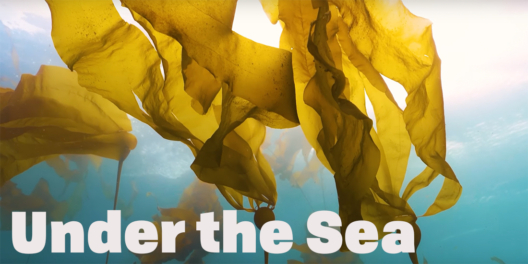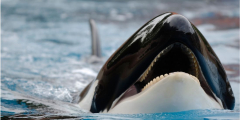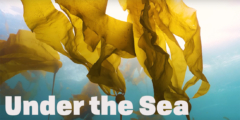There are only four known octopus nurseries in the world.
One of them has just been found in the soon-to-be Marine Protected Area called Tang.ɢwan-ḥačxʷiqak-Tsig̱is, which is located 150 kilometres off the west coast of Vancouver Island.
When researchers set out on an expedition to explore the area this spring, a thriving “octopus nursery” was just one of the wonders they found beneath the waves.
The nursery is within cave-like cutouts in carbonate rock created by “cold seeps.”
Cold seeps are areas where methane and other gases escape from fissures on the ocean floor.
“It’s almost volcano-like,” researcher DFO researcher Cherisse Du Preez told Local Journalism reporter Alexandra Mehl.
“It’s bringing stuff up from deep within the earth, it’s creating rocks, and it’s all overflowing and then tumbling down, and it builds up on itself.”
Ironically, the temperature of “cold” seeps is often slightly above the surrounding waters, making them an ideal area for octopi and other sea life to incubate eggs.
One species thriving in this unusual environment is the cold water dwelling “Graneledone boreopacifica” octopus, which has the most prolonged incubation period of any octopus.
“It’s a beautiful deep-sea octopus, very charismatic, purple, big black eyes,” said Du Preez. “[They] sit on their eggs, don’t move, don’t eat and just defend the eggs for a minimum of four and a half years.”
As you can imagine, sitting in one place for so long makes the population’s survival pretty precarious. Even a slight disturbance like bottom contact fishing could have dire consequences.
“It can be that easy to take out a single generation of an octopus,” said Du Preez.
The vast number of octopi the researchers witnessed in the cold seep was a great indicator of the nursery’s effectiveness.
The crew counted 25 easily-spotted octopuses, though Du Preez said she has “no doubt that there were hundreds more than what we saw.”
“If you didn’t have that nursery ground…you almost couldn’t imagine the ripple effect.”
If the area becomes a Marine Protected Area, it will help keep the octopi protected for generations.







